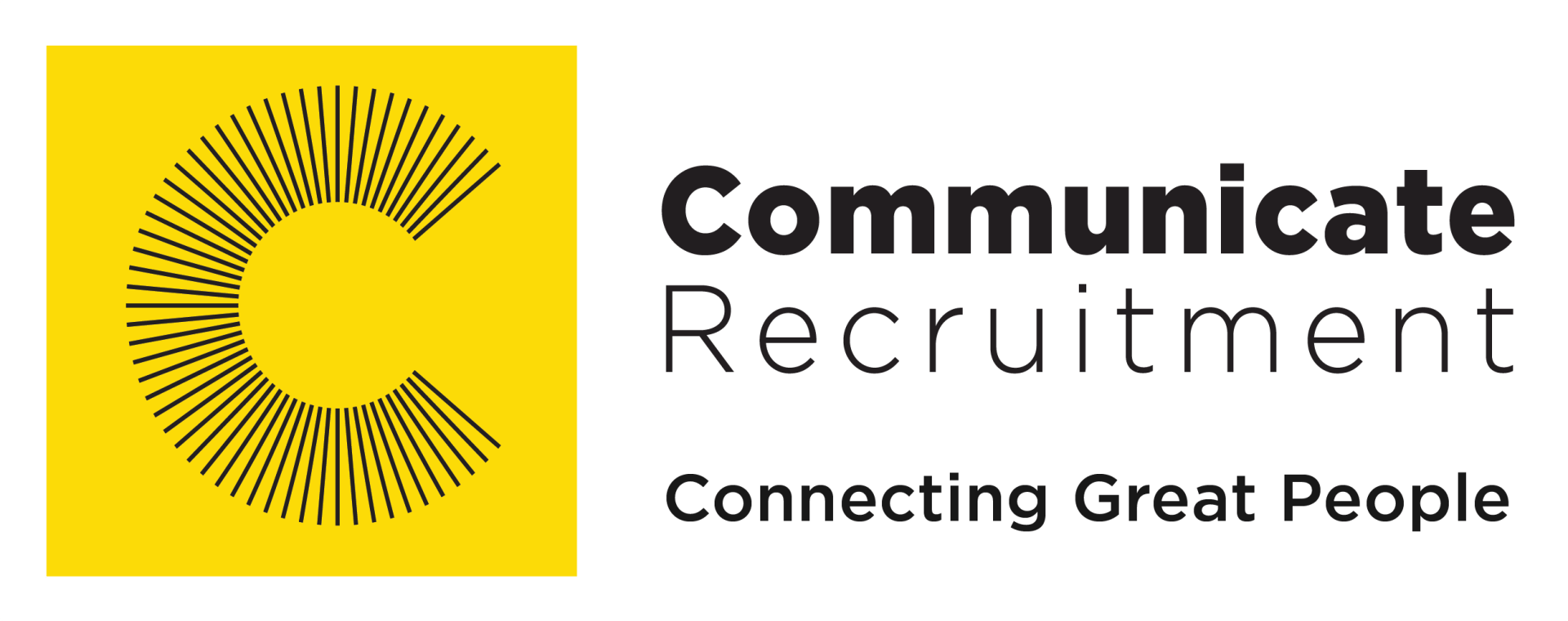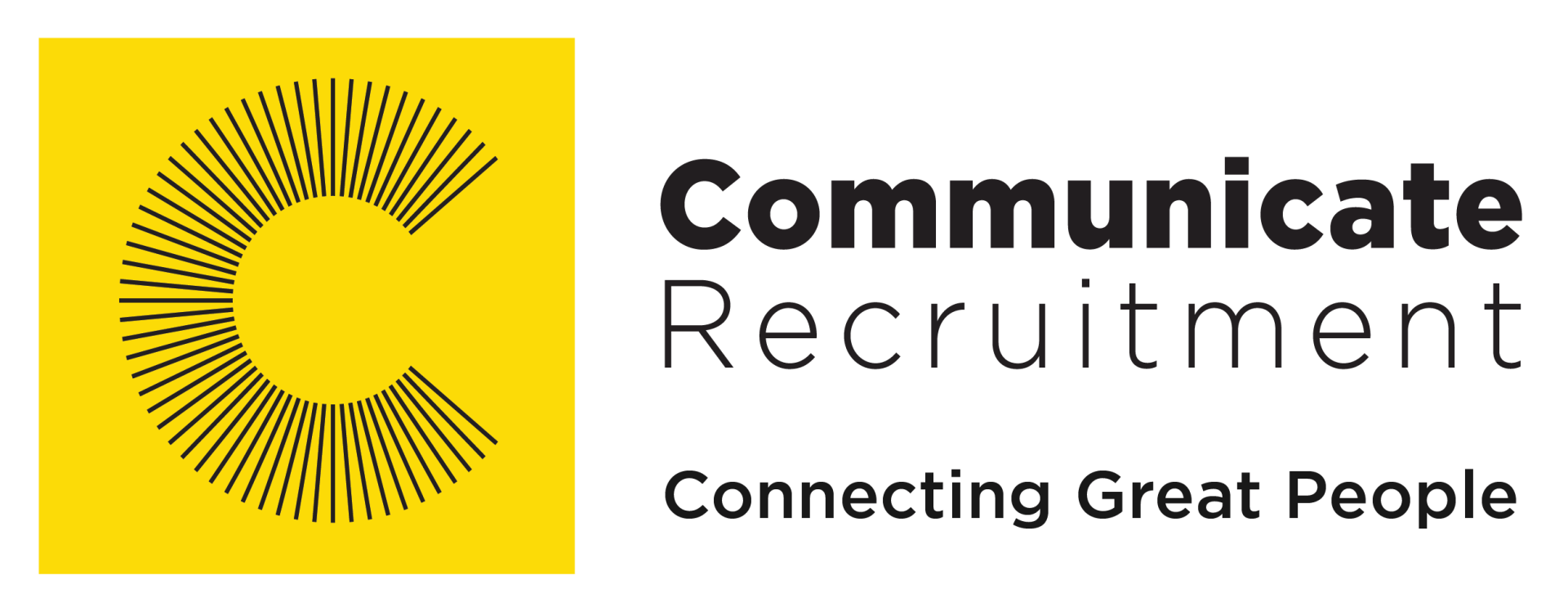4 Ways to Sell Yourself to Your Next Employer
Once you’ve accumulated a year or two of professional experience, you’ll know what does and doesn’t get you out of bed in the morning to go to work. Once the bug bites and you begin exploring the possibilities of a new job (be it for a more challenging position, a higher salary, or a different work environment) it’s important that you focus on positively selling yourself to your new employer. Here are some tips that will help you to proactively move along your career path.
1. Know your product
Just as a salesperson needs to know the intricacies of their product in order to sell it successfully, so too do you need to know your strengths, weaknesses, and “USPs” – or unique selling points – to accurately and successfully sell yourself to your next employer. Maybe in your first job interviews, you may have gotten away with clichés like “hard worker”, “results-driven”, “adaptable” – but after having clocked in some valuable work experience, you should now know what kind of employee you really are and what drives you in your job. Use this new self-knowledge to give your future employer an idea of who you are and what you can do for them.
The best way to communicate what kind of employee you are is to provide examples of your claims. So, instead of claiming to be a “problem-solving creative”, rather tell your future employer the anecdote of how you applied process design to your team environment, which saved them X-number of production hours and allowed the company to increase their profit.
2. Sell yourself as a solution
Instead of approaching a potential job from the perspective of “I’m getting a new job”, rather sell yourself as the solution to a problem your potential employer is facing. In your job interview, ask your potential employer what their areas of development (or pain points, or skills shortages) are so that you can answer those shortcomings with your skillset or a creative solution.
Be sure not to come across as arrogant about it (since you will likely be up against a few candidates who are equally or better equipped than you are) but be sincere in your approach to adding value to the company rather than trying to “save” them.
3. Know your price
As a first-time employee, you wouldn’t have had much bargaining power when it came to your starting salary. However, with some job experience and the opportunity to have gauged your value in the work environment (as well as having the time to suss out your living expenses and what you, personally, need to afford your lifestyle), you should know your worth and what kind of salary or benefits you want from your next job.
Employers often see millennial jobseekers as “entitled” or having an over-inflated sense of what they deserve when it comes to remuneration, so keep this in mind when communicating your salary expectations. If you can sell your real value to your employer, or communicate your desire to grow within the company, you may very well be rewarded with the salary you know you deserve.
4. Be better than the competition
South Africa’s job market is characterized by its competitiveness as well as its bias, but it’s important for most jobseekers to know that they were awarded an employment contract on merit alone. Show your potential employer why you are more valuable than the competition – explain, preferably with case studies and past experience, how you’re going to achieve the objectives of the position, make the company (or department) more robust, and how you’re going to put your skills, training, and innovation to work both for yourself and for the company.
Selling yourself to your future employer has a lot to do with standing out from the crowd – of punting your personal brand rather than trying to fit into a box. Do an online search for “personal brand best practice” and learn about how to set yourself apart from the competition in order to get the job you want and build your career.
Communicate Recruitment want to assist you in finding a new job. So, make that move and browse through our available vacancies, which include Finance jobs, IT jobs, Engineering jobs, Supply Chain Jobs, and Freight jobs.





